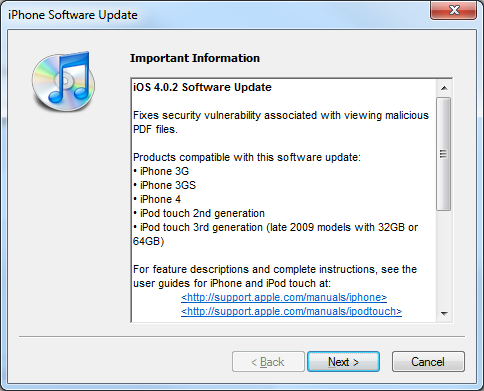
This week, Google and Verizon joined forces in a sweeping proposal to regulate net neutrality legislature in the U.S. government. Their joint suggestions encourage lawmakers to draft legislation that supports the consumer and makes the Internet a free and open place to innovate, develop, and experience. Needless to say, the proposal didn’t come without its fair share of controversy and politics, and when you’re dealing with two of the big juggernauts in the data communications industry, there’s bound to be a deeper story underneath the flowery blog post.
One of the biggest concerns people had with the proposal is that Google backed down on enforcing net neutrality in the wireless market. In the announcement, Google stated that it wasn’t going to focus on wireless broadband because it is still a new and highly volatile market, and that it doesn’t lend itself well to regulation. Many called BS on that. Ryan Singel of Wired.com is quick to point out that Google is no stranger to the net neutrality war on the wireless front. Even before releasing their Android mobile OS to the masses, they attempted to buy out a large portion of spectrum bandwidth to the tune of $4.6 million. This move forced the FCC to start regulating the wireless world so that one carrier wouldn’t be able cripple the industry. Verizon, who eventually won the spectrum auction, balked at the prospect of wireless regulation, and sued the FCC. Google vehemently opposed the lawsuit, calling the lawsuit an “attempt to prevent consumers from having any choice of innovative services.” Once carriers started crippling their Android devices with permanent software and feature removal, Google fought the good fight once again and released their own phone, which was originally supposed to be available on any carrier. Needless to say, that venture didn’t work out too great for them, and now they are desperately trying to offload their stock on developers. Hopes for a new hero opposite the carriers were dashed.
In that context, Google’s insistence on leaving the wireless spectrum alone for now seems a little more absurd. It, in fact, sounds like surrender. After years of supposedly fighting the consumer’s fight, many are painting Google in a whole new light. Instead of being the cavalry that would save us from Big Telecom (the irony there is priceless), Singel, among others, sees this proposal as an admission of defeat to Verizon. Since they have obviously lost the battle for stock Android dominance, and since their hardware venture is no longer providing a revenue stream, Google is simply picking up the pieces and moving along to a different, more profitable, track. After all, Verizon is the home of the Motorola Droid, one of the biggest Android success stories to date. It would be unwise for Google to bring up old differences at the moment. This portrait of Google, simply another company looking to drive profits at the consumer’s expense, is not one that is good for the company image. Unfortunately, many are leaning towards that now.
However, it doesn’t have to look like that. It may not be hard to spin this story against Google, but that’s definitely not the only way to see this. Google may be holding hands with Verizon right now, but that’s simply a matter of convenience and necessity. While Google may have lost the wireless neutrality war for now, net neutrality on the wireline front is still a battle that needs to be fought. Let’s not be naïve here. Google does not have purely altruistic reasons for supporting net neutrality; giving more bandwidth to more users will only create more revenue. Google’s entire business platform depends on a win-win deal for the consumer. Let your eyes effortlessly browse some on-screen anomaly, and they’ll shower you with free stuff. It’s not the most idealistic idea in the world, and it’s definitely not “Don’t Be Evil.” It is, however, good for the customer. For most of what Google does, what’s good for Google’s bottom line is good for the customer. It’s how they’ve been able to keep up this “Don’t be Evil” slogan for so long. In order to win at least this part of the battle, Google needed an ally. Verizon works as an ally because they don’t have as big of a stake in wireline consumer broadband market, but have enough financial and political clout in the telecom world to pull some serious punches. To snag Verizon as an ally, Google had to compromise. Fresh off a big loss in the wireless neutrality war, they figured that putting wireless on the back-burner was worth it to get Verizon on their side on wired neutrality. As soon as their second next salvo of wireless neutrality ammunition is ready for action, you can bet that Verizon will drop Google like a bad habit, and that the feeling will be mutual.
For now, be happy that net neutrality has two heavyweights on its side. Google may not be the most beneficent, angelic and heroic company they once purported themselves to be, but for now, what they want is what we want, so give them a break.
Image Credit: Raneri.it
Read counterpoint: Google-Verizon: It's all about the money
















12 Comments - Add comment